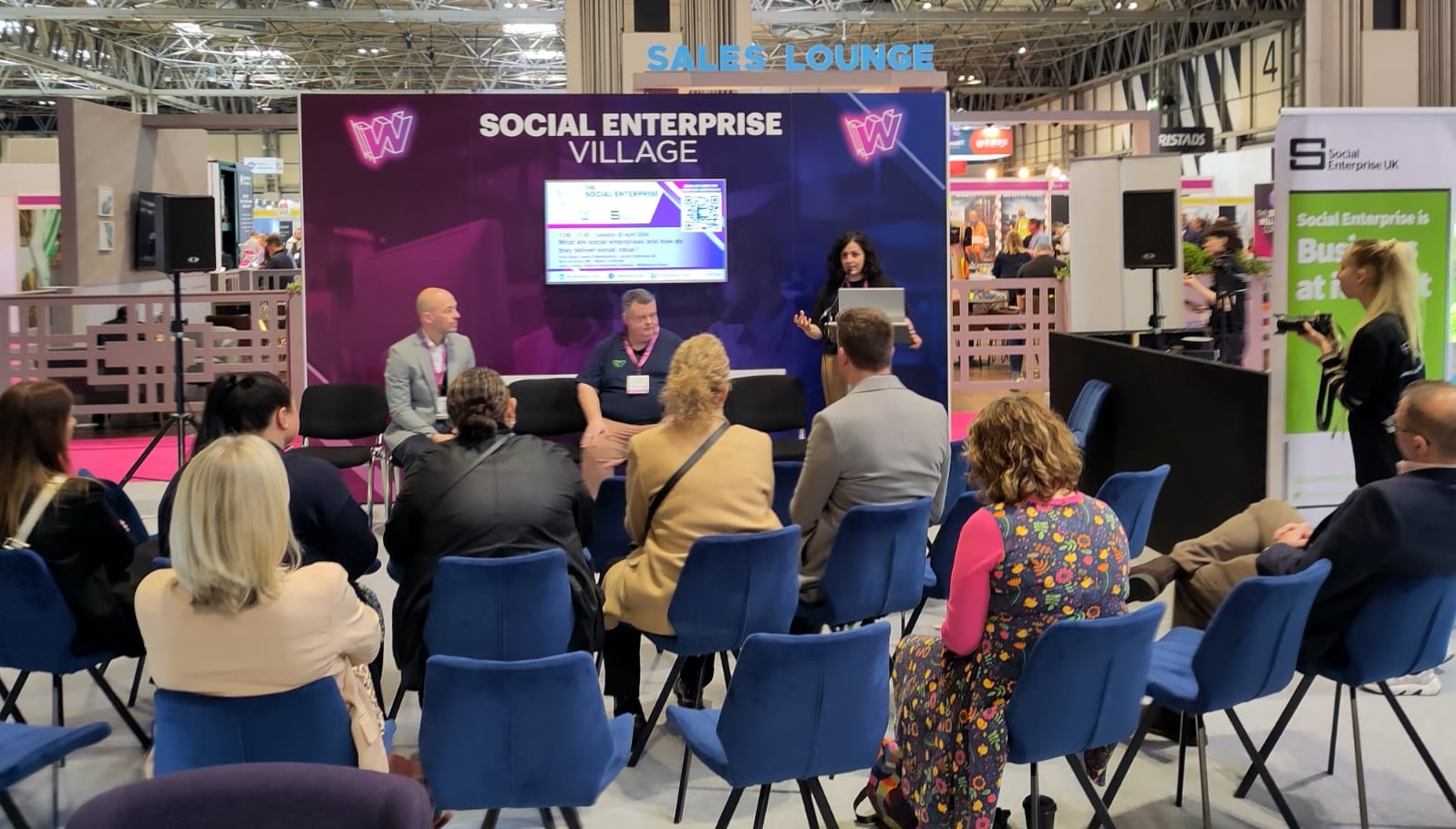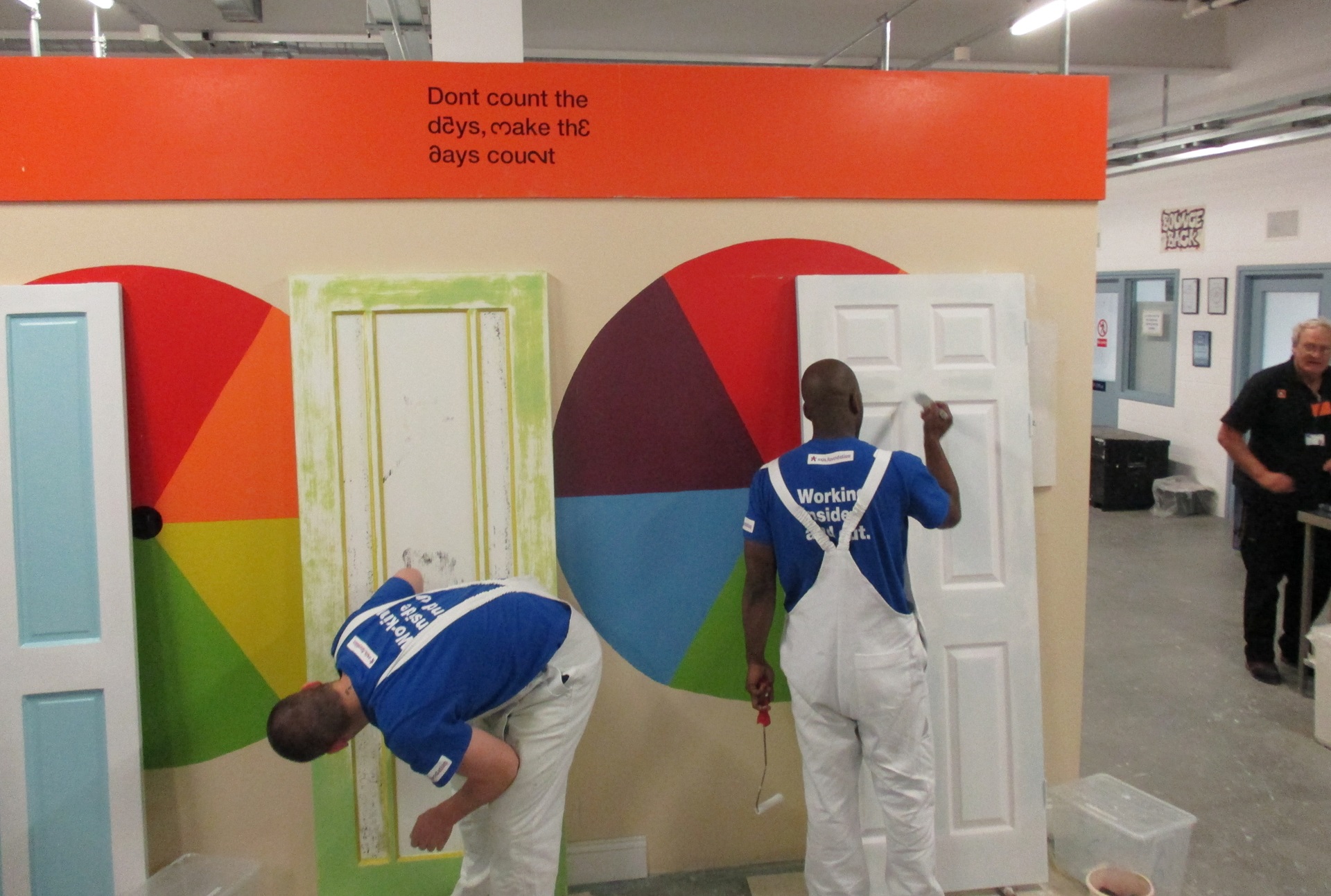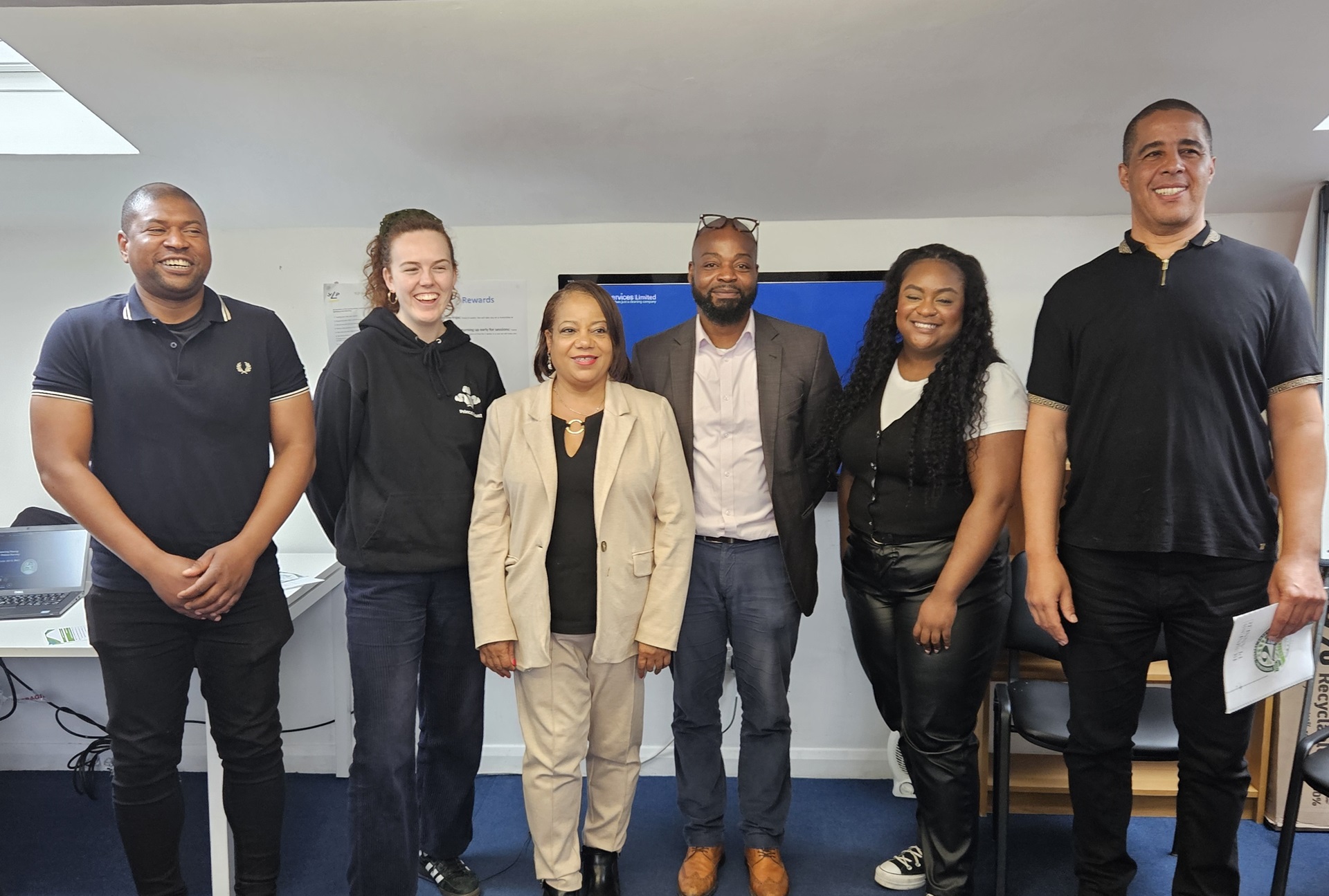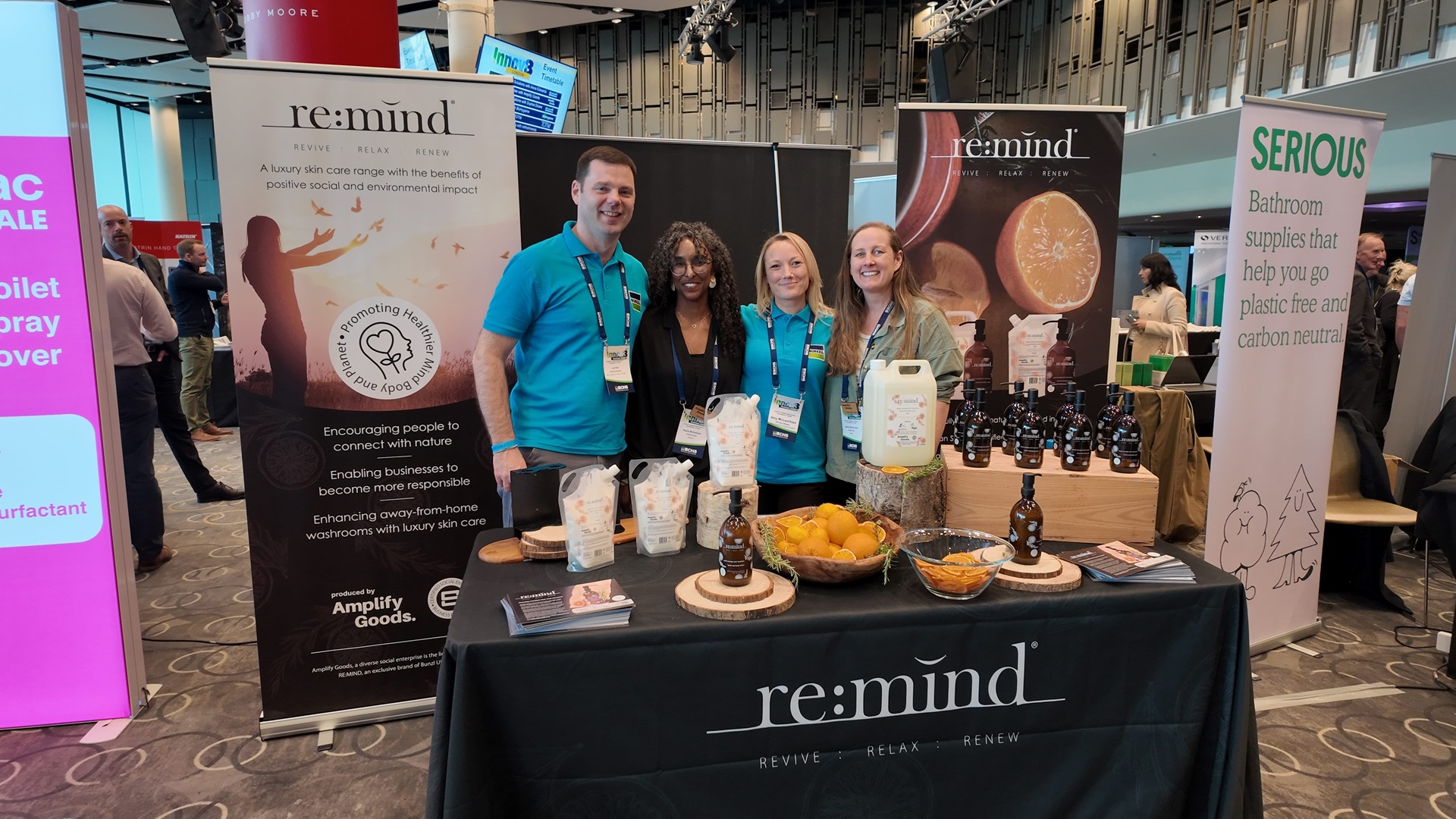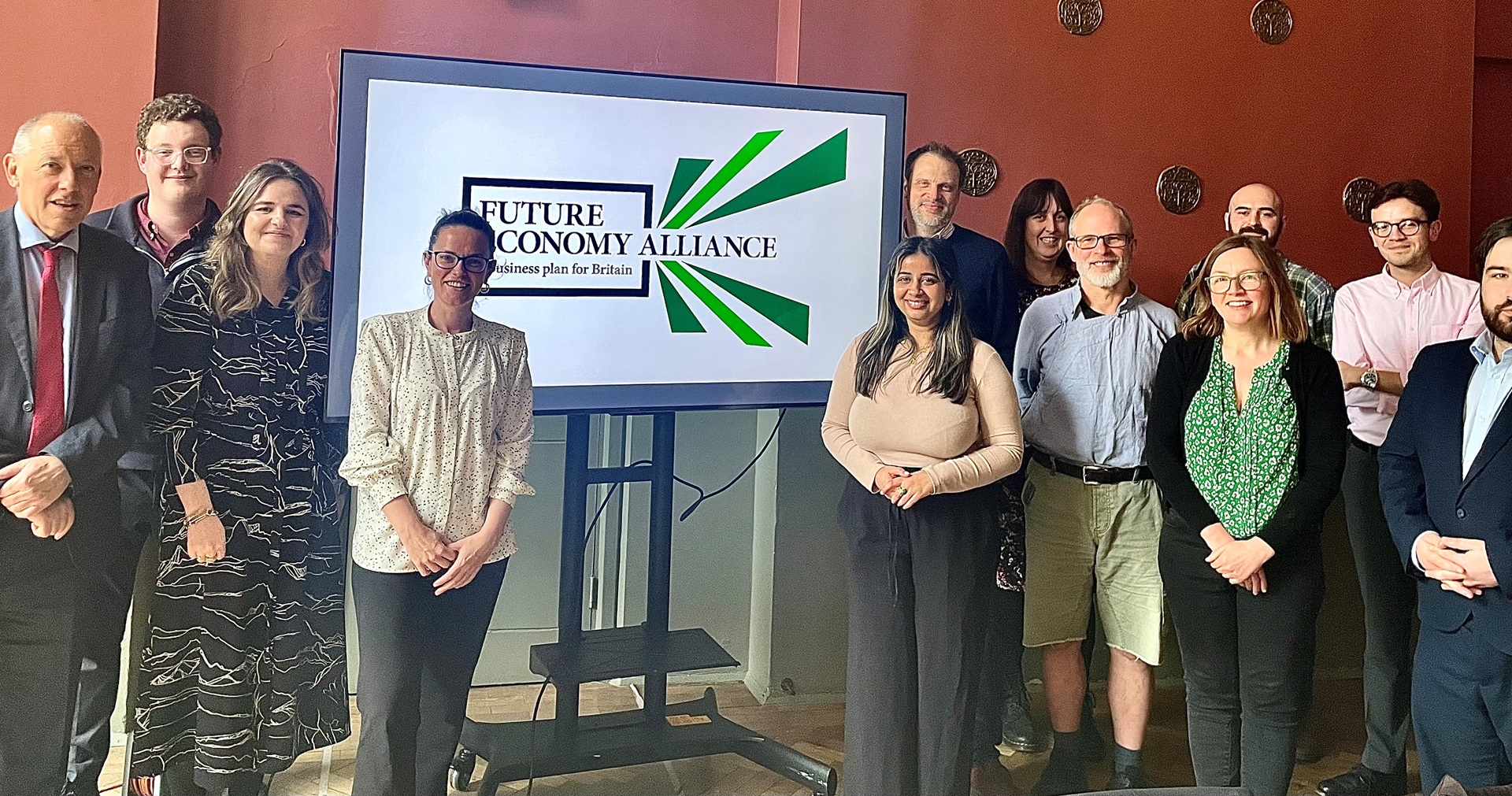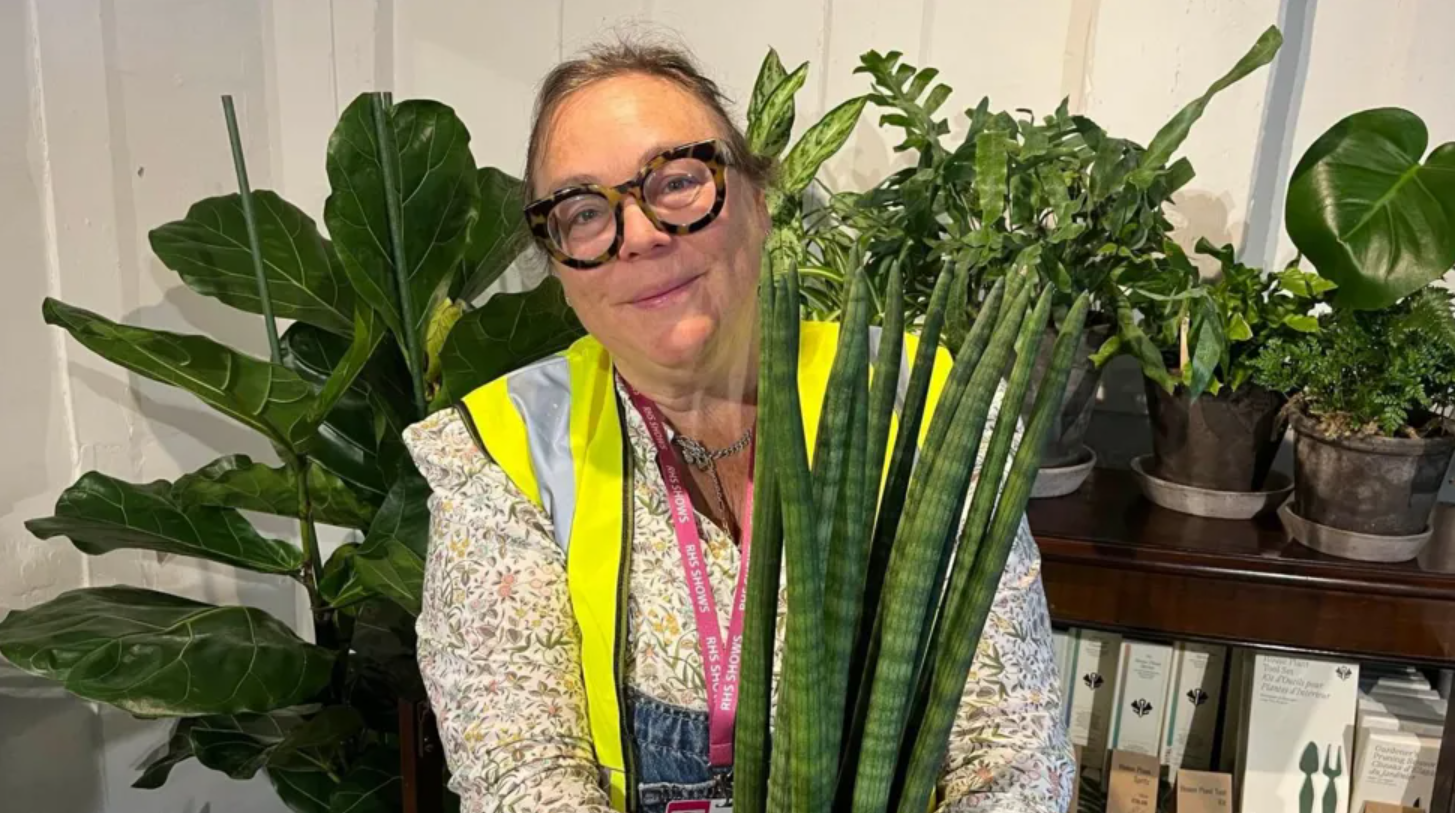
Member updates
Glasshouse social enterprise recreates prison garden at Chelsea Flower Show
The Glasshouse is a social enterprise that offers second chances to women prisoners as they reach the end of their sentence, giving them horticultural training and employment as part of its mission to reduce reoffering and support rehabilitation for people leaving prison. Women who have benefitted from the training at HMP East Sutton Park in Kent recreated the greenhouse there for an indoor garden at the RHS Chelsea Flower Show. The exhibit features house plants nurtured by women in prison and items representing their dreams and hopes. Glasshouse's work is based around the proven physical and emotional benefits that being close to nature provides. Plants in the workspace are proven to boost people's productivity, concentration and creativity, as well as cleaning toxins from the air and increasing oxygen levels. Rhi, a former prisoner who works with the Glasshouse, said it gave her "a purpose" and that she cried when she found out it was headed to the flower show. She said: "Often we are invisible or even hidden so for us to be embraced and have the opportunity... I just couldn't believe it."
1 min

